Frequently Asked Questions
Resilient Roots understands that starting therapy can feel overwhelming, and you may have questions about what to expect. Here are some answers to our most common inquiries. If you have other questions or require clarity, please contact us, we are here to support you.
-
Individual sessions are usually 60 minutes however some clients prefer to book 90 minutes.
-
The initial session is focused on assessment. This involves asking detailed questions regarding your situation, health, and history. Follow up sessions are built on working towards your counselling goals.
-
If you are late, your appointment will not be extended past the originally scheduled time and you will be charged the full fee.
We ask for 24-hours notice via email prior to cancelling an appointment. If you do not cancel your appointment within that 24-hour time frame or miss your appointment completely, you will be charged the full session rate to your credit card on file. Please note that this is usually not covered by insurance providers. -
Yes! Please contact us (https://resilient-roots-counselling.janeapp.com/) to schedule a free 15 to 20-minute consultation via telehealth or phone.
-
The success of your sessions directly correlates with your commitment to learning and achieving your goals.
As with all therapy, setting clear goals, being honest with your therapist (even if it's painful or embarrassing or about the therapy itself), practicing new strategies and reflecting between sessions will maximize therapy effectiveness.
-
Many private health insurance plans, including those from providers like Canada Life and Sun Life, offer coverage for therapy services. Coverage details vary based on the specific plan and employer agreements. Some plans may reimburse a portion of therapy costs, while others might cover a set number of sessions per year.
-
A sliding scale refers to a flexible fee structure where the cost of sessions is adjusted based on a client's income or financial situation. The goal is to make therapy more accessible to people who might not be able to afford the full fee.
-
Therapists are legally and ethically bound to protect your privacy. This includes notes, diagnoses, and personal disclosures. There are common exceptions to confidentiality, these include: risk of harm to self or others, abuse or neglect, and court orders. All other consultations with any members of your health care team (including physicians, family members etc.) require written permission/consent from the client.
-
You feel safe and respected, you can be yourself, you feel heard and understood, you are starting to gain insight, the therapist is responsive to your feedback, and there is a sense of progress (even if it's slow).
-
Check in with yourself — therapy can sometimes be slow and uncomfortable before it's helpful. Make sure to be clear about what you want from therapy and talk about the therapeutic relationship in session. Consider fit, your therapist can likely offer a referral to another qualified therapist.

